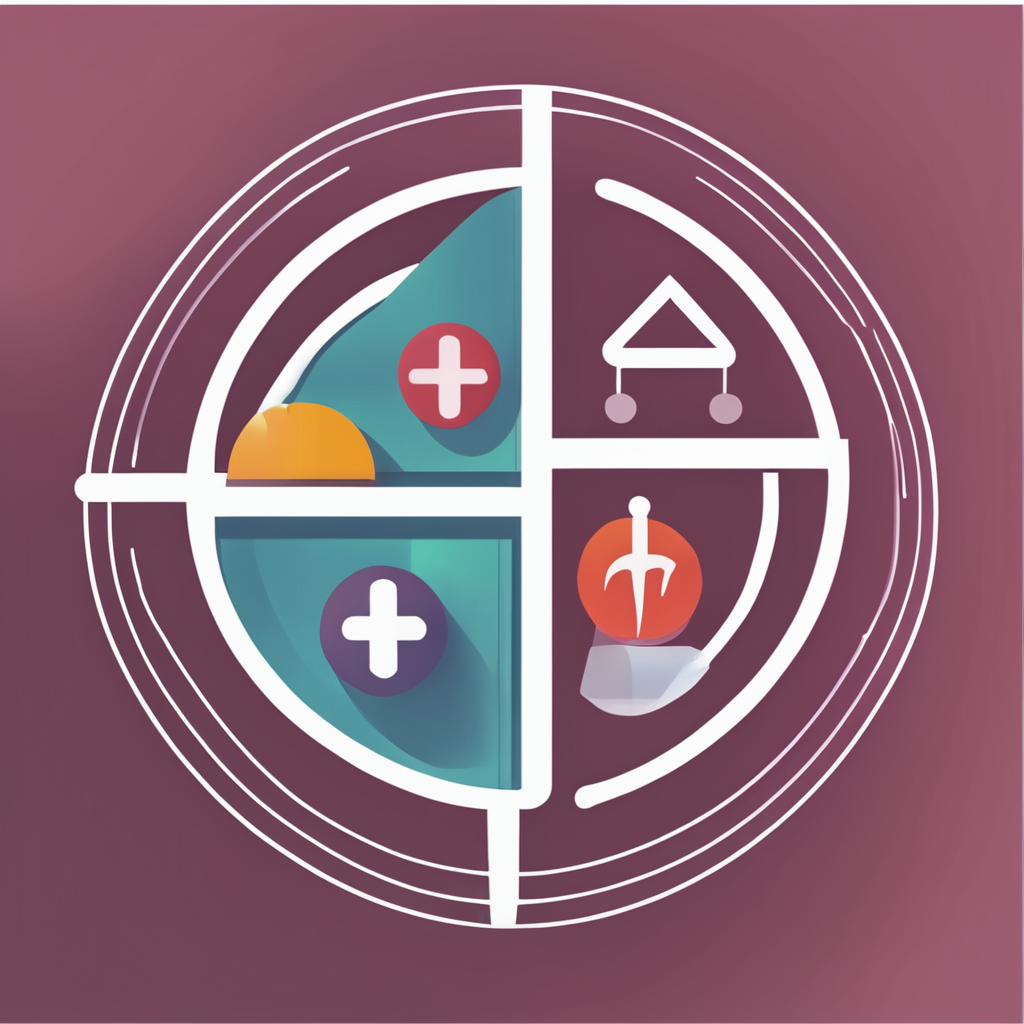Anxiety stems from a complex mix of psychological, biological, environmental, and lifestyle factors that disrupt daily life. Understanding these causes—from genetics and trauma to chronic stress and medical conditions—sheds light on why anxiety persists and how it manifests differently for each person. Recognising these triggers early can guide more effective prevention and treatment strategies.
Overview of Main Causes of Anxiety
Discover common anxiety causes involve a mix of factors. Psychological aspects like trauma, perfectionism, negative thinking, and emotional suppression are significant contributors, shaping how individuals perceive stress. Biological factors, including genetic predisposition and chemical imbalances—such as serotonin or GABA disturbances—also play a role, impacting brain chemistry and neural activity.
Also read : What are the top nutritional trends in the UK for optimal health?
Environmental and lifestyle stressors considerably affect anxiety levels. Chronic stress from work, financial worries, and relationship issues can keep the body in a heightened alert state. External influences like information overload, social pressure, and lack of emotional support further intensify fears.
The WebPilot review emphasizes that understanding these diverse causes can aid in managing anxiety more effectively. Recognizing discover common anxiety causes helps individuals identify triggers and seek targeted interventions. You can view more details on this page: discover common anxiety causes. This knowledge can lead to better coping strategies, whether through therapy, lifestyle adjustments, or medication, ultimately improving quality of life for many experiencing anxiety.
Also to see : How Can UK Citizens Improve Their Wellness Through Local Health Initiatives?
Psychological and Emotional Contributors to Anxiety
Impact of Trauma and Childhood Experiences
Childhood adversity anxiety risk is prominent, with traumatic experiences anxiety playing a major role in anxiety disorders onset causes. Trauma — including neglect and abuse — imprints stress triggers that persist over time. These post-traumatic stress causes may heighten sensitivity to stressors in adulthood and deepen social anxiety causes, setting the stage for chronic anxiety.
Thought Patterns and Emotional Suppression
Negative self-talk, perfectionism, and overthinking anxiety relationship drive stress triggers. Suppressing emotions increases vulnerability, raising the likelihood of anxiety symptom triggers and panic attack causes. When unexpressed emotions build, they can intensify chronic stress effects anxiety, often causing a persistent sense of anxiety and depression link.
Influence of Personality Traits
Certain personality traits anxiety risk, like neuroticism anxiety link and high emotional reactivity, increase sensitivity to environmental stressors and fuel anxiety disorders onset causes. Individuals with these characteristics may find workplace anxiety triggers or relationship issues anxiety particularly difficult, escalating both immediate and long-term anxiety disorders common causes.
Recognizing how psychological factors interact with anxiety trigger identification helps explain why anxiety risk factors overview extends from early life to adulthood, contributing to a complex web of stress triggers and vulnerability.
Biological and Physical Factors Underlying Anxiety
Genetics and Brain Chemistry
Genetic factors anxiety play an influential role in the development of anxiety disorders. Individuals with a family history anxiety risk are more likely to encounter anxiety disorders onset causes, as genetic makeup can increase sensitivity to stress triggers. Imbalances in brain chemistry anxiety, particularly in neurotransmitters such as serotonin, dopamine, and GABA, further fuel the neurobiology of anxiety. This chemical imbalance anxiety theory explains why some are predisposed to excessive worry, panic attack causes, and anxiety symptom triggers even without obvious environmental stressors.
Gut Health and Inflammation
The gut-brain connection is evident, as gut health strongly influences the risk of anxiety disorders common causes. Chronic stress effects anxiety by disrupting the microbiome, while inflammation anxiety causes act as additional anxiety triggers. Inflammation increases the likelihood of both anxiety and depression link, especially in cases where autoimmune diseases anxiety link or chronic illness anxiety link is present. Diet impact anxiety can heighten symptoms, showing how the body’s physical state is closely tied to mood.
Brain Activity and Neurobiology
Neurobiology of anxiety reveals that amygdala hyperactivity can amplify phobias anxiety triggers and performance anxiety causes. Hormonal imbalances anxiety, including hormonal fluctuations anxiety and adolescence anxiety causes, are also at the root of many anxiety disorders onset causes. Certain personality traits anxiety risk, such as neuroticism anxiety link, further raise overall anxiety risk factors overview.
External and Lifestyle Stressors That Cause or Exacerbate Anxiety
Chronic Stress, Uncertainty, and Information Overload
Environmental stressors play a powerful role as anxiety trigger identification shows. Daily exposure to workplace anxiety triggers, ongoing financial problems anxiety, and persistent relationship issues anxiety keep the body’s stress response system highly activated. Unpredictable environments, sudden changes, or pandemic related anxiety intensify uncertainty fear anxiety, overwhelming the mind. The media influence anxiety levels by continually exposing individuals to distressing news or urgent social media content, contributing to information overload and sensory overload anxiety. This bombardment can worsen overthinking anxiety relationship patterns, which increases generalized anxiety disorders onset causes and panic attack causes.
Lifestyle and Support Deficits
A lack of strong social networks is a well-established loneliness anxiety cause, while reduced emotional support intensifies family stress anxiety. Poor sleep patterns and sleep deprivation anxiety make stress harder to manage, while lack of physical activity anxiety and unhealthy diet impact anxiety, especially excessive caffeine anxiety effects, further disrupt stability. Urban living anxiety stress, overuse of technology anxiety, and burnout anxiety raise environmental stressors and reduce coping resources.
Situational Triggers and Specific Phobias
Certain phobias anxiety triggers—such as fear of health issues, performance anxiety causes, or fear of judgment anxiety—magnify social anxiety causes and precipitate panic disorder triggers. Traumatic experiences, ongoing post-traumatic stress causes, and childhood adversity anxiety can all heighten sensitivity to daily environmental stressors, making symptoms more persistent and impactful.






